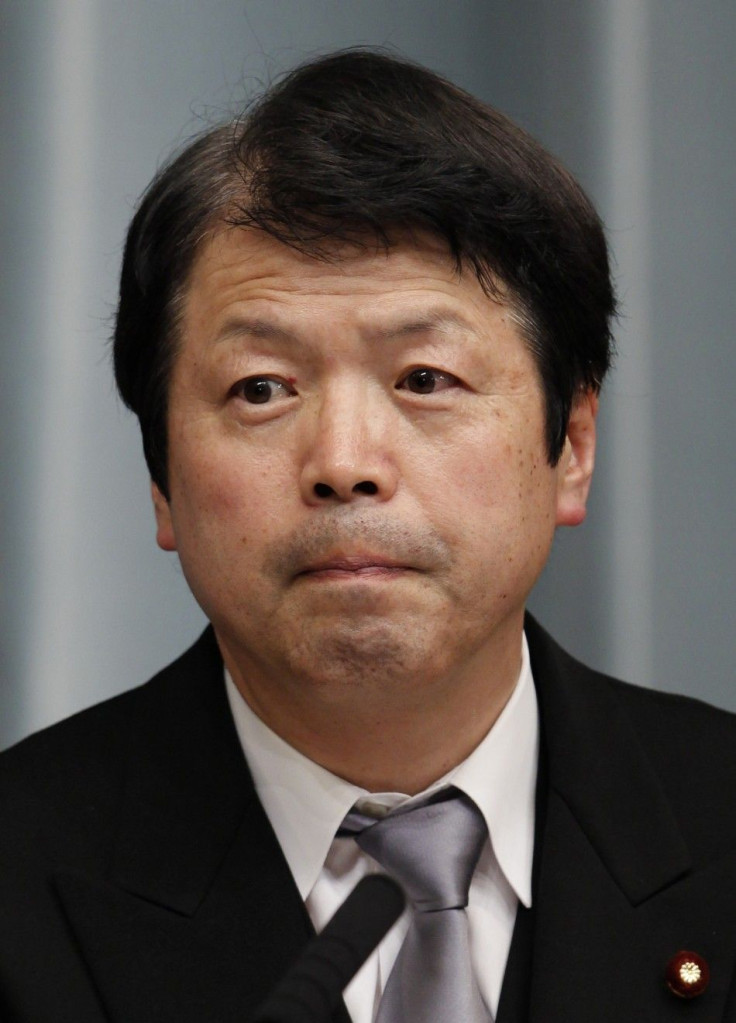Human Rights Groups Asks Japan to Suspend or Abolish Death Penalty

It may surprise some people to realize that Japan still executes prisoners, despite the fact that about two-thirds of the nations on earth have abolished or suspended the practice.
Now, some Japanese human rights activists and lawyers are seeking to change that and eliminate capital punishment.
Japan not carried out any executions since late July 2010.
According to Japanese media, there are currently 126 prisoners languishing on death row. Most executions are done by hanging and with extraordinary secrecy -- inmates on death row are reportedly notified of the morning of their execution date, while their families are not even notified until after the execution.
The Japan Federation of Bar Associations (JFBA) has long urged the government to suspend carrying out the death penalty in light of concerns about some flawed prosecutions as well as the very secrete nature of executions in the country.
The topic has become a renewed topic following recent remarks by Japan’s new Justice Minister Hideo Hiraoka who suggested he may approve some executions during his term in office.
He told a press conference on Friday that he has no intention to ban capital punishment and that he will arrive at his own [decisions] by looking at each case.”
These words are in direct contrast to remarks he made soon after taking over his new job in September when he said he would be reluctant to approve any executions, given the large number of people inside and outside the country who want to end the practice of killing condemned inmates.
Reportedly, the Chief Cabinet Secretary Osamu Fujimura reportedly encouraged Hiraoka to reconsider imposing the death penalty, Japan’s new Prime Minister Yoshihiko Noda has reportedly vowed not to repeal capital punishment.
Hiraoka’s three predecessors, Minoru Yanagida, Yoshito Sengoku and Satsuki Eda, all refused to grant approval for executions under their reigns
Now, the JFBA has renewed its call for the Tokyo government to end capital punishment or at least begin a public debate about it, citing that the death penalty is an inhumane punishment as it claims precious life, and it robs those convicted of the potential to rehabilitate.
The group also pointed out that, among other problems inherent with Japan’s death penalty, there were four recent cases “in which defendants had been sentenced to death but were subsequently acquitted by retrials, it is obvious that the death penalty system has failed at the most fundamental level since there will always be the possibility of a miscarriage of justice and the damages resulting from such wrongful judgments can never be recovered once such persons have been executed.”
Amnesty International and the Anti-Death Penalty Asia Network have also come out against Hiraoka’s apparent about-face on the subject.
“After showing reluctance to sign execution warrants last month when he first took office, it is deeply alarming that Minister Hideo Hiraoka now seems to be under pressure to approve executions despite his own calls for caution,” said Catherine Baber, Amnesty International’s Deputy Director for Asia and the Pacific.
“The minister must stand by his original commitment which was to suspend executions until Japan’s application of the death penalty can be more carefully considered.”
Japanese media has reported that 17 of the 41 countries in the Asia-Pacific region have abolished the death penalty for all crimes, despite the fact that Japan is considered the most advanced nation in the area.
Among the powerful G8 nations, only the U.S. and Japan still execute prisoners.
“Japan should immediately commute all death sentences and introduce an official moratorium on executions as a first step towards abolition of the death penalty,” Baber added.
© Copyright IBTimes 2024. All rights reserved.











